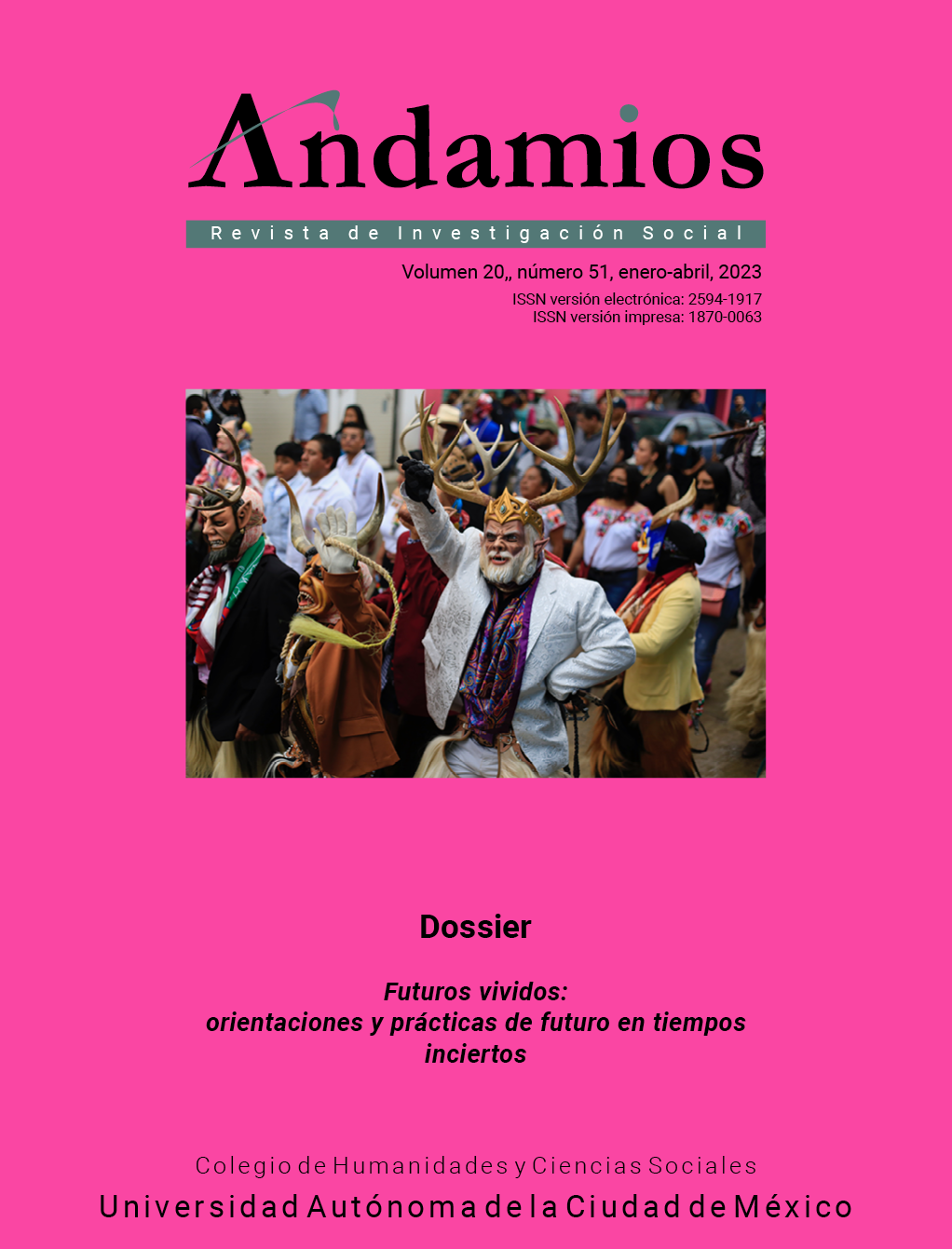Entre el relativismo y la vacuidad: hacia una alternativa interaccionista ante el naturalismo epistémico
DOI:
https://doi.org/10.29092/uacm.v20i51.1012Keywords:
Naturalización, conocimiento, interacción, uniformismoAbstract
Actualmente, el naturalismo es la postura estándar en la filosofía de corte anglosajón. El rechazo a la existencia de entidades metafísicas, por un lado, y a la epistemología de corte apriorístico y normativo, por el otro, ha dado como resultado una dura crítica a la tarea de la filosofía como descripción esencial del conocimiento. No obstante, el significado del término “naturalismo” está lejos de ser claro. Esto da como resultado la postulación de proyectos de investigación de corte muy distinto. En el presente artículo, se hacen las distinciones relevantes para presentar el espectro de teorías naturalistas que van desde las moderadas hasta las radicales. De igual manera, se muestra que toda teoría naturalista postula alguna tesis uniformista que implica compromisos ontológicos o metodológicos específicos. A partir de estas especificaciones afirmo que bajo la misma etiqueta de “problema de la naturalización” se mezclan cuatro proyectos de investigación diferentes, aunque relacionados. Posteriormente, realizo una crítica de los principios subyacentes en los extremos del espectro naturalista para ofrecer una alternativa de corte interaccionista al problema en cuestión. Hacia el final del artículo propongo el esbozo de una interacción entre filosofía y ciencia de corte no reduccionista, ontológicamente uniformista, pero metodológicamente pluralista.
Downloads
Published
Issue
Section
License
This Journal is licensed under Creative Commons Mexico 2.5. It is allowed to reproduce and disseminate the contents of the Journal for educational or research purposes, not for profit, as long as they are not mutilated and cite the source (Andamios, Revista de Investigación Social) and the author.
The copyright of the articles published in Andamios, Revista de Investigación Social are transferred by the author(s) to Universidad Autónoma de la Ciudad de México when the originals have been accepted, so that they are published and distributed both in the printed and electronic versions of the Journal. However, as established by law, the author(s) retains their moral rights. The author(s) will receive a form of assignment of copyright that they must to sign when their original has been accepted. In the case of collective articles, the signature of one of the authors will suffice, provided that the latter has obtained the consent of the others.
Authors may use the material of their article in other works or books published by themselves, with the condition of quoting Andamios as the original source of the texts.
The articles contained in this publication are the responsibility of their authors and do not compromise the official position of Andamios, Revista de Investigación Social of the Universidad Autónoma de la Ciudad de México.


